Lower Value Threshold for GST on Imports
May 2015
The Association’s submission to Federal Government Tax Review process can be viewed at this link. – Federal Government Submission Tax Review May 28 2015
Submissions are accepted to June 1, 2015 and members are encouraged to add their voice to campaign by making one themselves via the Better Tax Website
Lower Value Threshold for GST on Imports –
The low value threshold (LVT) is a part of the GST laws that enables Australian citizens to purchase goods from foreign companies (usually online) without having to pay GST on those goods, if those goods are worth less than $1,000.
The LVT provides foreign companies with an unfair advantage over Australian companies. As they don’t have to charge 10 per cent GST, foreign companies can offer their goods at a lower price than their Australian competitors.
This is having a direct impact on AMA members’ businesses.
The AMA is part of an effort to level the playing field for Australian retailers by having this threshold lowered by the government.
LVT Advocacy Kit
The association has prepared an Advocacy Kit for members who are willing to write a letter and/or request a meeting with their local Federal MP to champion the cause of reducing the threshold on low value items that are imported into Australia. The kit includes standard letters for your store letterhead which can be amended to suit, to Federal MP’s, as well as State Treasurers, Fact Sheets, and we can advise you of you parliamentary contacts if you require assistance.
Should you wish to join the effort to create a more level playing field for our industry. Please indicate your interest by contacting Rob Walker at rob.walker@australianmusic.asn.au – we will contact you.
So far, individuals, on behalf of their businesses have made representations to their local members and state treasurers. Responses have provided an insight into the issue and slowly, governments are recognising the affect that this is having on small business.
Brendan Callinan, MD of Roland Corporation sat down with Bronwyn Bishop, his local federal member. She in turn requested a response from the Minister for Small Business, Bruce Bilson, extracts of which appear below;
” I appreciate Mr Callinan’s concern, in relation to the current tax treatment of goods sourced from overseas and I acknowledge the importance of the issue to small business. Indeed small businesses across the country have been proactive in raising the profile of the low value threshold and lobbying for change”
“The Productivity Commission in 2012 recognised the case for significantly lowering the threshold, but recommended it be lowered when it was cost effective to do so. The Government has now received the business case and possible implementation plans for reform to low value parcel which the Taskforce recommended be undertaken”.
Any changes require the States and Territories to agree. Up to September 19, agreement has not been reached on a workable approach to the issue and the Minister advises that “it is not open to the government to act unilaterally to address the issue.”
Grahama Hoskins of Concept Music, WA received a similar response from Mr Bilson
This disagreement principally comes from the Western Australian Treasurer, Dr Mike Nahan, which in response to a letter from the AMA, stated in part;
“The WA government understands your concerns, however it considers fundamental reform to the way GST is distributed to the states to be the priority.”
Western Australia is also concerned at possible consumer welfare losses that would result from a lowering of the threshold.”
Dr Nahan argues that, delays and handling costs would rise if the process was not handled efficiently, this despite the business case and implementation plan being completed.
By contrast the Victorian Treasurer Hon.Michael O’Brien MP responded to representations from Rob Henneman of Australasian Music Supplies and the AMA;
“Victoria supports investigating proposals to lower the threshold at which GST is payable on imports, having regard to the consequences for any administration costs that any such change may bring. The $1 000 threshold is relatively high by international standards and the potential for deliberate avoidance is a concern for the Iong-term integrity of the tax system”.
We think the pendulum is beginning to swing, with further opportunity for change possibly coming in the federal government’s White Paper on tax reform. This Tax White Paper will give states and territories an opportunity to raise the issue once more and also will seek public comment..
